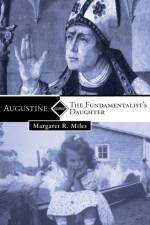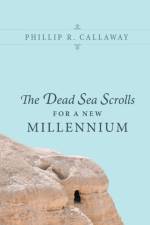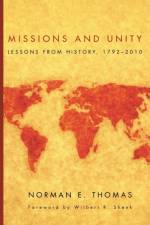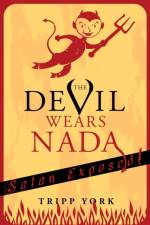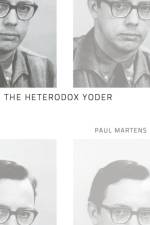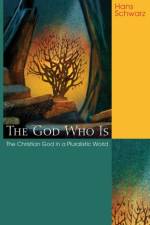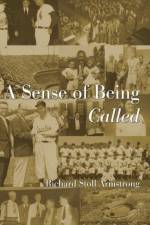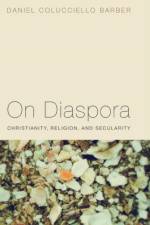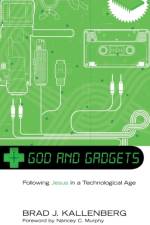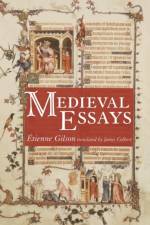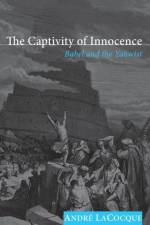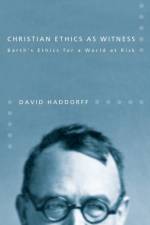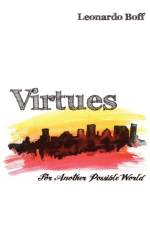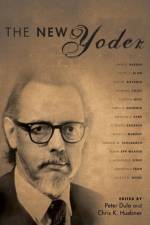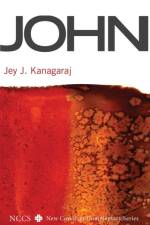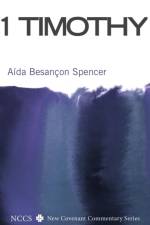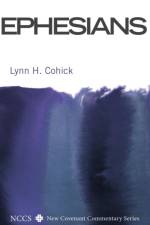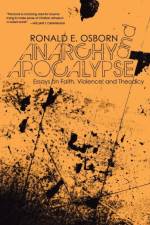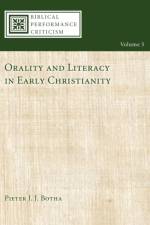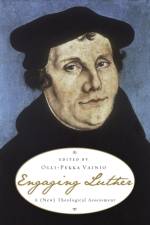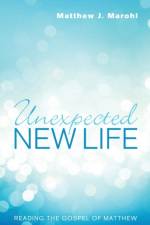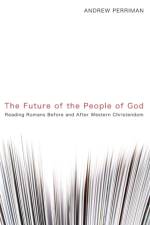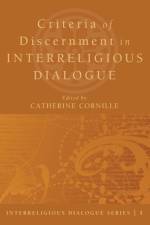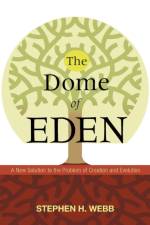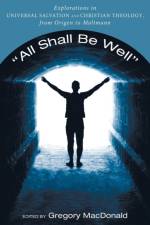av Aida Besancon Spencer
535,-
A thorough and insightful commentary on Paul''s letter to his coworker Timothy, which the Apostle wrote before and during Nero''s persecution. Spencer carefully examines each part of the letter and relates it to the overall flow of the argument and in light of the larger biblical, historical, social, and cultural contexts. How Paul''s writing related to the ancient communities is highlighted in the light of original data gleaned from her explorations on location in Ephesus and throughout Greece. In addition, Paul''s rhetorical and ministry strategies, especially as they relate to women and their role in the church, are explored. Throughout, Spencer presents an in-depth exegesis in a readable format enhanced by forty years of ministry.""By explaining both lexical, grammatical, historical, and theological matters, and by focusing consistently on canonical connections and pastoral application, Aida Spencer has written a lucid commentary that will prove helpful for general readers, students, and pastors alike.""--Eckhard J. Schnabel, Associate Editor, Bulletin of Biblical Research""In 1 Timothy, more than any other New Testament writing, Paul has specific instructions for how Christian women are to present and conduct themselves, and how they are to learn, teach, and minister in the church. How appropriate [it is], then, that a commentary on this book should be written by a woman. Dr. Spencer provides a carefully researched, well-balanced, and well-written exposition with special attention given to the difficult and controversial texts relating to women, men, and to all Christians. Highly recommended.""--John R. Kohlenberger III, Editor, The NIV Greek and English New Testament""Spencer well understands that our texts are in dialogue with their contexts and that the wise interpreter must mark out the intimate relationships between scripture and its worlds, both ancient and modern. 1 Timothy is a careful and confessional exploration of Paul''s message for the young pastor in Ephesus and the leader in today''s church. Both readable and detailed, this is a work that wise expositors will keep within easy reach.""--Gene L. Green, Professor of New Testament, Wheaton College and Graduate School""As a believer with the simple faith of a child, the author manages to provide a well-researched and easily readable scholarly contribution on 1 Timothy. It is refreshing to read this well-balanced contribution by a female scholar on this letter that repeatedly refers to the role of woman in the church but also to other ministerial strategies. Her perspectives on the influence of this text on a contemporary faith community are enlightening.""--Francois P. Viljoen, Professor, Faculty of Theology, North-West University""Spencer''s commentary on 1 Timothy provides an articulate defense of Pauline authorship that interacts well with critical scholarship. It is full of valuable grammatical, lexical, syntactical, historical, and theological insights. . . . Theological insights include its discussion of the heretical teaching addressed in 1 Timothy and its outstanding treatment of 1 Timothy 2:15. I enthusiastically endorse this well-documented commentary.""--Philip B. Payne, Author of Man and Woman, One in ChristAida Besancon Spencer (PhD, Southern Baptist Theological Seminary, Louisville, KY; ThM, MDiv, Princeton Theological Seminary) is Professor of New Testament at Gordon-Conwell Theological Seminary, South Hamilton, MA, and Extraordinary Researcher for North-West University, Potchefstroom, South Africa. She is the author or coauthor of thirteen books, including 2 Corinthians (Bible Study Commentary), Beyond the Curse: Women Called to Ministry, and Paul''s Literary Style.

